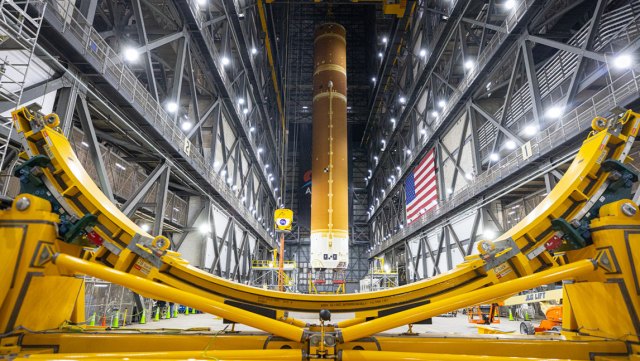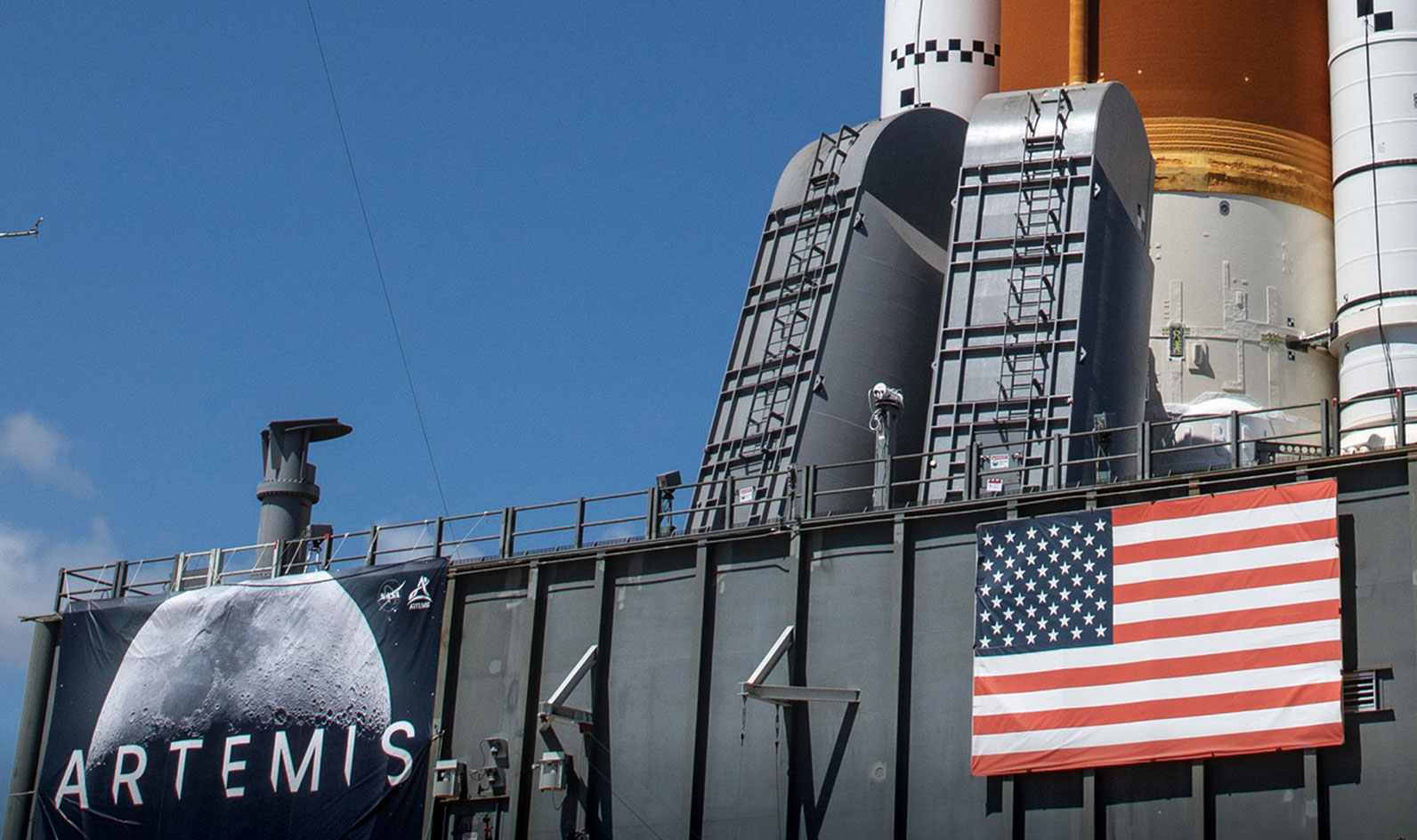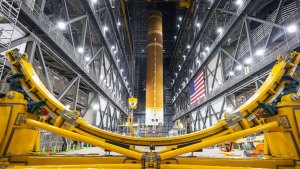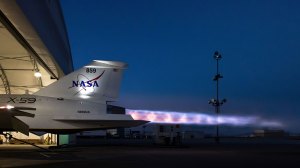As NASA continues its journey to the Moon and beyond, equipment quality could make the difference between mission success or failure. That’s why a top priority at the Office of Inspector General (OIG) is investigating defective, substituted, untested, counterfeit, or substandard products that could diminish the integrity of NASA systems—and endanger lives.
The Office of Investigations (OI), NASA OIG’s law enforcement arm, examines cases where NASA employees or contractors intentionally misrepresent facts about products used in government projects. This is broadly referred to as product substitution and can take many forms: outdated, refurbished, or defective components; poor design and workmanship; process control issues; or falsified test results. In each scenario, subpar materials can lead to mission failures, launch delays, increased costs, and safety risks.
Over the last decade, OI has led multiple product substitution cases, resulting in over $36 million in criminal restitution and over $29 million in civil settlements—with more than $6 million returned directly to NASA. These efforts ensure accountability, safeguard the Agency’s resources, and prevent wrongdoers from jeopardizing programs and personnel.
In one recent case, OI spearheaded an investigation into a man named Steven Lukens, who devised a scheme to supply fraudulent Certificates of Compliance, Pressure Testing Certificates, and test reports for NASA projects at Kennedy Space Center. Lukens was the Chief Executive Officer of a NASA subcontractor called Gulf Atlantic International Supply, LLC that procured materials for the Space Launch System—the rocket designed to launch the Orion spacecraft and its astronaut passengers to the Moon.
Lukens provided products that were involved in the processing of hypergolic fluids, which are toxic liquids used for propulsion and hydraulic power. NASA has developed rigorous quality assurance specifications to ensure that these hazardous liquids do not start fires, explode, or pose health risks. However, Lukens attempted to subvert these standards.
After receiving a tip about suspicious activity, OI reviewed over 5,000 emails that Lukens had sent to the prime contractor. Lukens’s company had fulfilled over 1,500 purchase orders for the prime contractor since 2013, and investigators found that he had forged at least 191 quality control documents during that time.
Not only did Lukens’s actions cost the prime contractor significant time and money, but he also jeopardized NASA projects and personnel. He ultimately pled guilty to the charges, agreeing to forfeit $271,024 of illegal proceeds and pay an additional $418,256 in restitution. He is now serving a 21-month sentence in federal prison. Both he and his company were also debarred by NASA’s Acquisition and Integrity Program for the next 14 years.
Although Lukens’s ruse was exposed by poorly doctored paperwork, there are other common clues that can help uncover product substitution. These indicators include: mislabeling materials, using old or uncalibrated testing equipment, claiming test records have no failures or cannot be found, offering gratuities to inspector personnel (or avoiding inspection altogether), and providing photocopies or digital versions of certifications when originals are expected.
Above all, trust your gut. If something seems off, report it. If you suspect fraud or misconduct at NASA or its programs, contact OIG investigators via the hotline.







